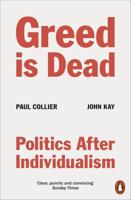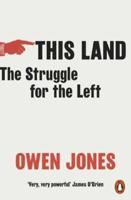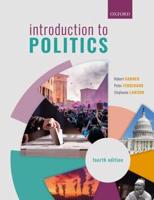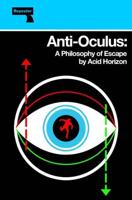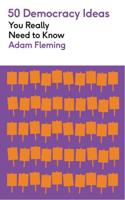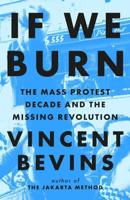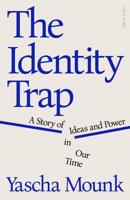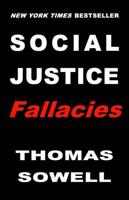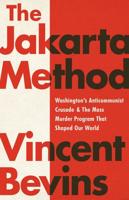Publisher's Synopsis
Excerpt from The American Historical Review, Vol. 19: October 1913 to July 1914
It is obvious to any student Of the learned, as distinguished from the artistic, literature of the Middle Ages, that it is to a great degree governed by the writings of the Christian Fathers. Not only in matters of theology, but in every region of thought the writing of the great Fathers exercised a dominant in?uence. But it is not always sufficiently understood what exactly this means. I do not deal with matters Of pure theology, where no doubt the tradition of the Middle Ages is specifically though not exclusively Christian. When we examine the philosophical, and especially the political and social, ideas which are presented under terms supplied by the Fathers, we find that these do not in the first place represent a distinctively Christian tradition, but rather that, quite obviously and clearly, many of these conceptions are those which belonged to the later centuries of the ancient civilization, accommodated no 'doubt to Christian ideas, and often expressed in Christian phrases, but not, either in their origin or in their essential character, by anv means distinctively Christian. And this is Wholly natural. The great Fathers were Christian men, but they were also educated men of the Empire and their education was that of the other men of those centuries. No doubt their education differed considerably, as also their individual intellectual capacities, but it was the same educa tion which all alike received. Some of them like Basil and the Cappadocian Fathers were students of first-rate universities such as that of Athens, while others were pupils of inferior schools, but always and everywhere they were primarily educated men of the gracco-roman civilization. And therefore it was natural and in evitable that except when the Christian tradition presented them with distinctively Christian conceptions, they should present in their writings the general principles of thought of the society in which they were educated.
We have often been misled by the fact that their mode of thought is very different from that of'the great Greek philosophical writers of the fourth century before Christ, but the truth is that, by the first century before Christ, the philosophical conceptions of the ancient world had been in some very fundamental aspects com pletely changed, and it is the later centuries which the Christian Fathers represent. An inferior philosophy, the critics will say, and that is no doubt true, but not a philosophy to be neglected, for after all, as handed down by the Christian Fathers, it in some respects dominated political theory, not only in the Middle Ages, but till the end of the eighteenth century, and in some points the new social philosophy was actually greatly in advance of the Older.
About the Publisher
Forgotten Books publishes hundreds of thousands of rare and classic books. Find more at www.forgottenbooks.com
This book is a reproduction of an important historical work. Forgotten Books uses state-of-the-art technology to digitally reconstruct the work, preserving the original format whilst repairing imperfections present in the aged copy. In rare cases, an imperfection in the original, such as a blemish or missing page, may be replicated in our edition. We do, however, repair the vast majority of imperfections successfully; any imperfections that remain are intentionally left to preserve the state of such historical works.

